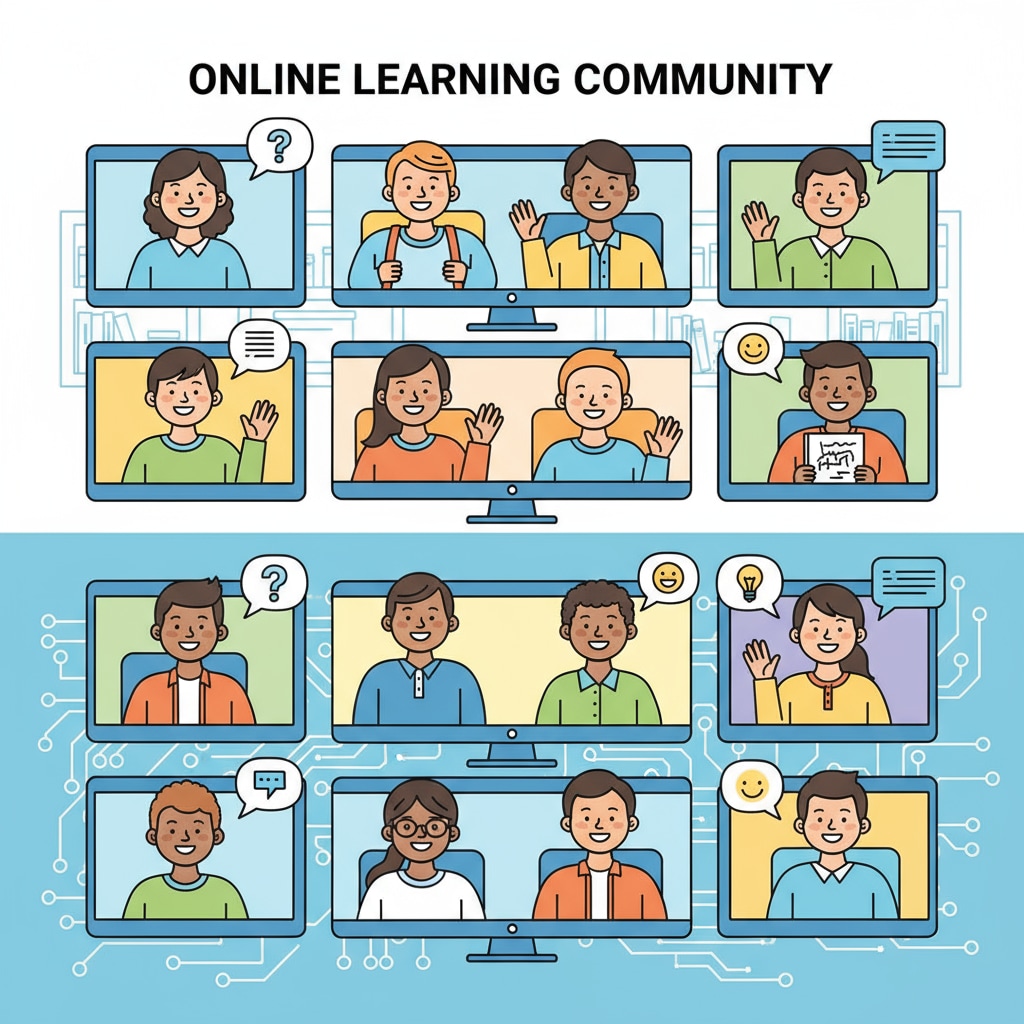Online learning, self-discipline challenges, and FOMO have become significant aspects of the K12 educational landscape. As technology continues to reshape the way students learn, the rise of online education in the K12 sector has brought about a new set of experiences, both positive and negative.

The Rise of Online Learning in K12
Online learning in K12 has witnessed remarkable growth in recent years. The convenience it offers, such as the ability to learn from anywhere at any time, has made it an attractive option for many students and parents. For example, students can access courses and materials with just a click of a button, eliminating the need for daily commuting to school. According to this report on EdSurge, the pandemic further accelerated the adoption of online learning in K12.

Self-Discipline Challenges in the Digital Classroom
One of the major drawbacks of online learning in K12 is the self-discipline challenges it poses. Without the physical presence of teachers and classmates, students may find it difficult to stay focused and motivated. Distractions at home, such as social media, TV, or household chores, can easily derail their learning. As a result, students need to develop strong self-discipline skills to succeed in the online learning environment. Psychology Today provides valuable insights into how to cultivate self-discipline.
To overcome these challenges, students can set clear goals, create a dedicated study space, and establish a regular study schedule. Additionally, parents and teachers can play a crucial role in providing support and accountability.
The Burden of FOMO in Online Education
FOMO, or the fear of missing out, is another issue that plagues students in online K12 education. When learning remotely, students may feel left out of social interactions and school activities that their peers are experiencing in person. This can lead to feelings of isolation and anxiety. For instance, they might miss out on group projects, extracurricular activities, or simple conversations in the hallway.
Educators and parents should be aware of this issue and encourage students to stay connected with their classmates through virtual means. Organizing online social events and group discussions can help alleviate FOMO and build a sense of community.
In conclusion, online learning in K12 offers numerous benefits in terms of flexibility and accessibility. However, it also presents significant challenges in the form of self-discipline and FOMO. By understanding these issues and taking proactive measures, students, parents, and educators can work together to create a more balanced and fulfilling online learning experience. Readability guidance: The article uses short paragraphs and lists to summarize key points. Each H2 section provides relevant information and suggestions. The passive语态 is used sparingly, and transition words are incorporated throughout to enhance the flow.


